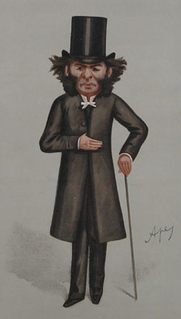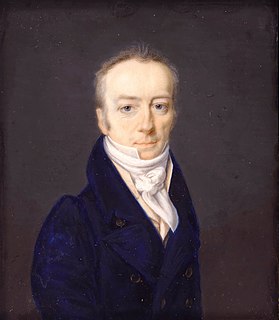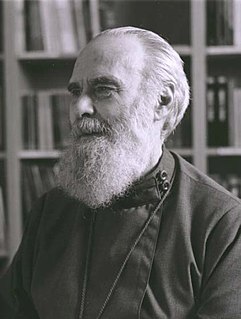A Quote by Ralph Waldo Emerson
Without the great arts which speak to the sense of beauty, a man seems to me a poor, naked, shivering creature. These are his becoming draperies, which warm and adorn him.
Related Quotes
In the name of what - except perhaps the coefficient of rarity - does man adorn himself with necklaces of shells and not spider's webs, with fox fur and not fox innards? In the name of what I don't know. Don't dirt, trash and filth, which are man's companions during his whole lifetime, deserve to be dearer to him and isn't it serving him well to remind him of their beauty?
There is (gentle reader) nothing (the works of God only set apart) which so much beautifies and adorns the soul and mind of man as does knowledge of the good arts and sciences . Many arts there are which beautify the mind of man; but of all none do more garnish and beautify it than those arts which are called mathematical , unto the knowledge of which no man can attain, without perfect knowledge and instruction of the principles, grounds, and Elements of Geometry.
Better to me the poor mans crust,
Better the blessing of the poor,
Though I turn me empty from his door;
That is no true alms which the hand can hold;
He gives nothing but worthless gold
Who gives from a sense of duty;
But he who gives a slender mite,
And gives to that which is out of sight,
That thread of the all-sustaining Beauty
Which runs through all and doth all unite, -
The hand cannot clasp the whole of his alms,
The heart outstretches its eager palms,
For a god goes with it and makes it store
To the soul that was starving in darkness before.
You are different from the really great man in only one thing: The great man, at one time, also was a very little man, but he developed one important ability: he learned to see where he was small in his thinking, and actions. Under the pressure of some task which was dear to him he learned better and better to sense the threat that comes from his smallness and pettiness. The great man, then, knows when and in what he is a little man.
For the only way one can speak of nothing is to speak of it as though it were something, just as the only way one can speak of God is to speak of him as though he were a man, which to be sure he was, in a sense, for a time, and as the only way one can speak of man, even our anthropologists have realized that, is to speak of him as though he were a termite.
Man with all his noble qualities, with sympathy which feels for the most debased, with benevolence which extends not only to other men but to the humblest living creature, with his god-like intellect which has penetrated into the movements and constitution of the solar system- with all these exalted powers- Man still bears in his bodily frame the indelible stamp of his lowly origin.
Personality is that which is most intimate to me—that by which I must act out my life. It is that by which I belong to man, that by which I amable to reach after God; and He has given to me this pearl of great price. It is an immortal treasure; it is mine, it is His, and no man shall pluck it out of His hand.
Most marvelous and enviable is that fecundity of fancy which can adorn whatever it touches, which can invest naked fact and dry reasoning with unlooked-for beauty, make flowers bloom even on the brow of the precipice, and, when nothing better can be had, can turn the very substance of rock itself into moss and lichens. This faculty is uncomparingly the most important for the vivid and attractive exhibition of truth to the minds of men.
A man needs no arguments to make him discern and approve what is beautiful: it strikes at first sight, and attracts without a reason. And as this beauty is found in the shape and form of corporeal things, so also is there analogous to it a beauty of another kind, an order, a symmetry, and comeliness in the moral world. And as the eye perceiveth the one, so the mind doth by a certain interior sense perceive the other, which sense, talent, or faculty, is ever quickest and purest in the noblest minds.
For I assure you, without travel, at least for people from the arts and sciences, one is a miserable creature!... A man of mediocre talents always remains mediocre, may he travel or not - but a man of superior talents, which I cannot deny myself to have without being blasphemous, becomes - bad, if he always stays in the same place.
It seems to me, and I am personally convinced, that the Church must never speak from a position of strength. [These are shocking words.] It ought not to be one of the forces influencing this or that state. The Church ought to be, if you will, just as powerless as God himself, which does not coerce but which calls and unveils the beauty and the truth of things without imposing them. As soon as the Church begins to exercise power, it loses its most profound characteristic which is divine love [i.e.] the understanding of those it is called to save and not to smash.










































